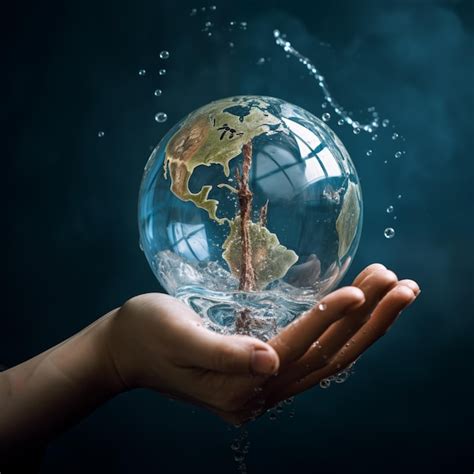Introduction

Water, the elixir of life, is essential for all living processes. Yet, the availability and access to clean water are becoming increasingly scarce. This is where water resource specialists step in, as indispensable professionals safeguarding our planet’s most precious resource.
Water resource specialists are highly trained professionals with expertise in science, engineering, and management. They play a critical role in understanding, managing, and conserving water resources to ensure a sustainable future for generations to come.
Key Responsibilities of Water Resource Specialists
Water resource specialists have a wide range of responsibilities, including:
1. Water Resource Management and Planning:
- Develop and implement strategies for the sustainable management of surface and groundwater resources
- Forecast water availability and demand to ensure a reliable supply
- Conduct water balance studies to assess the impact of human activities on water resources
2. Water Quality Monitoring and Assessment:
- Monitor and assess the quality of water sources (e.g., rivers, lakes, aquifers) for various parameters (e.g., chemical, physical, biological)
- Identify sources of contamination and design strategies to mitigate pollution
- Ensure compliance with water quality standards and regulations
3. Water Conservation and Efficiency:
- Promote and implement water conservation measures in various sectors (e.g., agriculture, industry, domestic)
- Design and install water-efficient infrastructure and technologies
- Raise awareness about the importance of water conservation
4. Water Infrastructure Development:
- Plan, design, and oversee the construction of water infrastructure (e.g., dams, reservoirs, treatment plants)
- Ensure the safety and reliability of water infrastructure
- Implement maintenance and rehabilitation programs
5. Water Policy and Regulation:
- Develop and implement water policies and regulations to protect water resources
- Promote water rights and allocation systems
- Advocate for the wise use of water resources
Education and Training for Water Resource Specialists
Water resource specialists typically have a bachelor’s or master’s degree in environmental science, water resources engineering, hydrology, or a related field. They may also hold specialized certifications in water quality, water management, or groundwater science. Continuing education and professional development are essential to stay abreast of advancements in the field.
Job Outlook and Opportunities
The job outlook for water resource specialists is projected to grow faster than average in the coming years. This is due to the increasing demand for water management and conservation expertise as the population grows and climate change intensifies. Water resource specialists may find employment in government agencies, private consulting firms, water utilities, and non-profit organizations.
Effective Strategies for Water Resource Management
Water resource specialists employ various strategies to ensure the sustainable management of water resources:
- Integrated Water Resource Management (IWRM): A holistic approach that considers the interconnectedness of water resources and the involvement of all stakeholders.
- Demand Management: Implementing measures to reduce water consumption, such as water-efficient technologies and pricing mechanisms.
- Water Quality Management: Controlling and preventing water pollution through treatment, regulation, and education programs.
- Groundwater Management: Protecting and replenishing aquifers through responsible groundwater extraction and recharge practices.
- Transboundary Water Cooperation: Fostering collaboration between countries or regions sharing water resources to ensure equitable and sustainable use.
Case Studies
1. Water Conservation in California: Water resource specialists in California have implemented innovative water-saving measures, including tiered water pricing, incentives for water-efficient landscaping, and mandatory water restrictions during droughts. As a result, California has significantly reduced its water consumption.
2. Water Quality Improvement in the Chesapeake Bay: Water resource specialists have collaborated with stakeholders to develop comprehensive plans for pollution reduction. Through the implementation of stormwater management practices, wastewater treatment upgrades, and agricultural runoff control measures, water quality in the Chesapeake Bay has steadily improved.
FAQs
1. What is the difference between a water resource specialist and a hydrologist?
Water resource specialists have a broader focus on the management and planning aspects of water resources, while hydrologists specialize in the scientific study of water and its movement through the earth and atmosphere.
2. What are the emerging trends in water resource management?
- Smart water technologies (e.g., sensor networks, data analytics)
- Decentralized water systems (e.g., rainwater harvesting, greywater reuse)
- Climate change adaptation measures (e.g., drought planning, flood risk mitigation)
- Water-energy-food nexus approaches (considering interconnections between water, energy, and food systems)
3. How can I become a water resource specialist?
Earn a bachelor’s or master’s degree in a relevant field, gain practical experience through internships or research projects, and consider obtaining specialized certifications.
4. What is the future of water resource management?
The future of water resource management lies in innovation, collaboration, and a focus on sustainability. Water resource specialists will play a critical role in addressing the challenges of water scarcity, pollution, and climate change to ensure a water-secure future for all.
